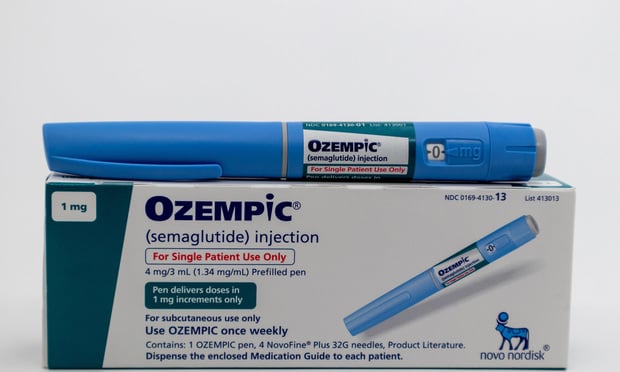Provider networks that operate on exchanges set up as part of the Patient Protection and Affordable Care Act typically offer far fewer providers than commercial networks outside of the exchanges, according to a new study by Avalere Health, a health care advisory firm, which examined plans in five different states.
Overall, exchange networks offer an average of two-thirds as many providers as other networks. The disparity is even greater for cardiology and oncology specialists; the exchange networks offer an average of 42 percent fewer specialists in those fields than other networks. The gap in hospital providers is smaller, however, with exchange networks offering only 24 percent fewer.
Avalere said the findings serve as an important reminder to consumers to carefully examine the number of providers offered in any exchange network they choose.
Recommended For You
"Out-of-network care does not accrue toward out-of-pocket maximums, leaving consumers vulnerable to high costs if they seek care from a provider not included in their plan's network," said Avalere vice president Elizabeth Carpenter.
The study captured only a portion of the U.S. health care market. It focused on the largest single rating region in each of the five states that had recorded the largest enrollment in the PPACA exchanges: Florida, North Carolina, California, Georgia and Texas.
© 2025 ALM Global, LLC, All Rights Reserved. Request academic re-use from www.copyright.com. All other uses, submit a request to [email protected]. For more information visit Asset & Logo Licensing.








